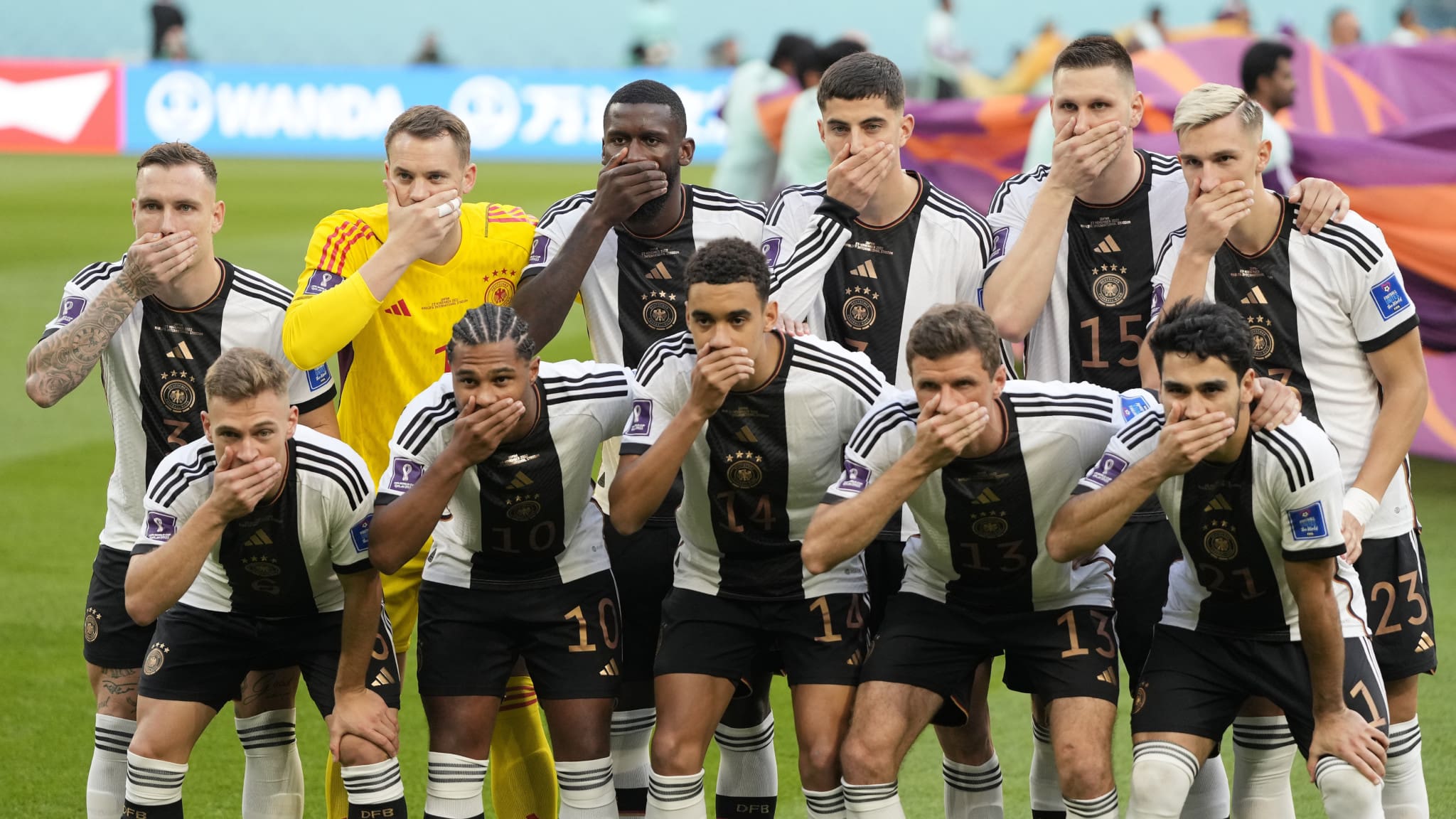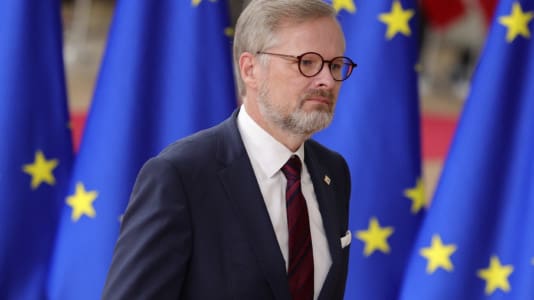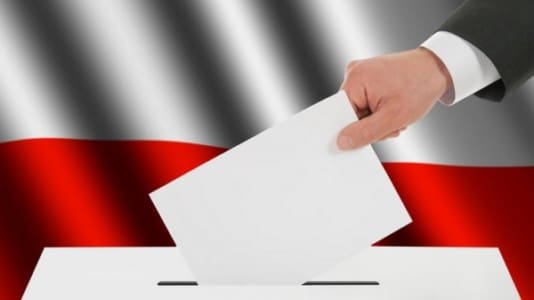The World Cup sporting event is now more politicized than any other before — at least in Germany where black, red, and gold, the colors of the German flag, are no longer colorful enough. Public opinion in the run-up to the first group game of their national team revolved almost exclusively around one topic: Will the German players who have been hyped up to be heroes of diversity wear the “One Love” armband in their opening match against Japan? Will they openly show how much they feel morally and culturally superior to the host country of Qatar?
Much to the annoyance of the Western “liberal” values-imperialists, FIFA had once again pointed out its principle of political neutrality before the game and thus clearly rejected the German virtue braggarts. In the event of non-compliance with this generally applicable rule, the world football association threatened the German team with massive sporting sanctions. In Germany, where sanctions are usually a good thing, this threat was met with the greatest possible incomprehension. True to the motto: We Germans say “yes” to equality as long as we are still allowed to be a little more equal.
The German Football Federation (DFB) therefore announced that it would take legal action against FIFA’s actions. Specifically, the possibility of applying for interim legal protection with the Court of Arbitration for Sport (CAS) Ad Hoc Division should be examined, which was to decide on complaints from individual national associations within 48 hours. However, the group game against Japan took place before this deadline. The German team was therefore faced with a real decision of conscience: Should goalkeeper Manuel Neuer wear the captain’s armband “for diversity and human rights,” even if the resulting consequences could cost them a potential title win in the end?
In any case, the federal government makes it clear what it expected from the sporting troop deployment in Qatar. Vice Chancellor Robert Habeck (Green party) advised the team to wear the “One Love” arm band despite possible sanctions. The fact that during his energy-beggar visit in March, he bowed down to the country’s sheiks and made no mention of LGBT rights, can probably be attributed solely to the clumsiness of the Green Party. After all, an economics minister who could not even remember what insolvency is during a television interview could have simply forgotten to pack his ideological armband before going on a business trip to an Islamist autocracy.
Federal Minister of the Interior Nancy Faeser (SPD) also showed her attitude towards world football’s governing body and Qatar from afar.
“Banning the ‘One Love’ armband is a huge mistake by FIFA. It breaks the heart of every fan how FIFA is also carrying out this conflict on the backs of the players,” said the SPD politician to the Bild newspaper. “It is a disgrace that the world governing body uses threats to prevent players from standing up for tolerance. It must be possible to show diversity openly, and it is more than unfortunate that the European associations did not oppose this together. That would have been an important sign. Right now it’s all about attitude — from everyone, especially from the associations!”
Instead of wearing the “One Love” armband, the national team eventually chose to collectively and theatrically cover their mouths in the pre-game group photo, which was meant to convey: We would like to express criticism, but we must not — and we do not dare. After the embarrassing defeat against Japan, the picture naturally developed a completely different symbolism.
Incidentally, it was not the first time footballers wanted to use the biggest stage that world football offers — against all the rules — for a political message. In 2018, Swiss internationals Granit Xhaka and Xherdan Shaqiri, who are of Albanian origin, caused a stir. After scoring the winning goal in a game against Serbia, they formed their hands into a double eagle, which is depicted on the Albanian flag — it was a clear affront to their Serbian opponents.
It is just one of many examples that shows that political messages at major international sporting events are always a double-edged sword. Even if many value universalists in this country can hardly imagine it, their ideas of what is right and wrong are not shared by the entire world population.






